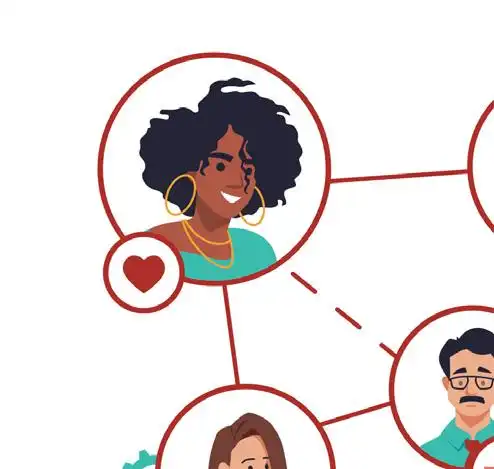
3 minute read
EQ Factor
OUT OF THE OR
EQ Factor




The Pattern for Effective Relationships
By Daniel Bobinski
Awonderful pattern exists in the best-selling book, “Seven Habits of Highly Effective People” by Stephen Covey. In the first three habits, what Covey calls the habits of independence, we learn that all things are created twice. First, they are created mentally, then they are created physically. In these habits of independence, Covey lays out the two-step creation process in Habits Two and Three; Begin With the End in Mind (Habit 2), and Put First Things First (Habit 3). Habit Two is the mental step of planning, and Habit Three is the physical step of acting in the order of our priorities.
This pattern duplicates in the second three habits, what Covey calls habits of inter-dependence. The habits of inter-dependence give us tools for building productive and effective relationships. Habit Four, Think Win-Win, is the mental step, and Habit Five is the physical process one takes to put Habit Four into practice. Habit Five is called, “Seek First to Understand; Then be Understood.”
The order is important. 1. Seek first to understand 2. Then be understood
Seeking first to understand gives us answers for how the other person defines a win. This is the “consideration” part of Think Win-Win, which I’ve addressed previously in this space. Remember, to be successful at this, you must truly want to understand how the other person defines a win. If people think you’re just going through the motions and don’t really care about their needs and desires, they won’t believe you’re genuine and the effectiveness of your relationship will suffer.
Why is the order important? Because as the adage goes, people don’t care how much you know until they know how much you care. People want to be heard. As Covey puts it, being heard is the psychological equivalence of air. If people don’t get air, they will fight to get it. Similarly, if people don’t feel heard, they will fight to be understood. Therefore, in accordance with Habit Five, we should seek first to understand.
At this point I should state that we can express an understanding of someone’s perspective even if we don’t agree with said perspective. Someone may tell us he believes dogs are better than cats. We can seek to understand why the person believes this without mocking or criticizing his conclusion. I’m using a simple example, but my point is that I believe that we, as a society, have been steadily losing our ability to acknowledge differing points of view without mocking or being derogatory.
The second step in Habit Five is to be understood. This is acting out the courage part of Think Win-Win. It’s standing up for what you need or desire. Brashness or rudeness have no place here. After seeking to understand the other person’s point of view, we simply express what we want.
As I mentioned, this requires a bit of courage, which comes easier to some than others. Fear of criticism, fear of failure and fear of rejection may get in our way and keep us from standing up for ourselves. We’ll address that in a future column, but for now, know that the order of how we discuss things makes a huge impact when it comes to creating effective relationships.
Daniel Bobinski,
who has a doctorate in theology, is a bestselling author and a popular speaker at conferences and retreats. For more than 30 years he’s been working with teams and individuals (1:1 coaching) to help them achieve excellence. He was also teaching Emotional Intelligence since before it was a thing. Reach him by email at DanielBobinski@protonmail.com or 208-375-7606.



